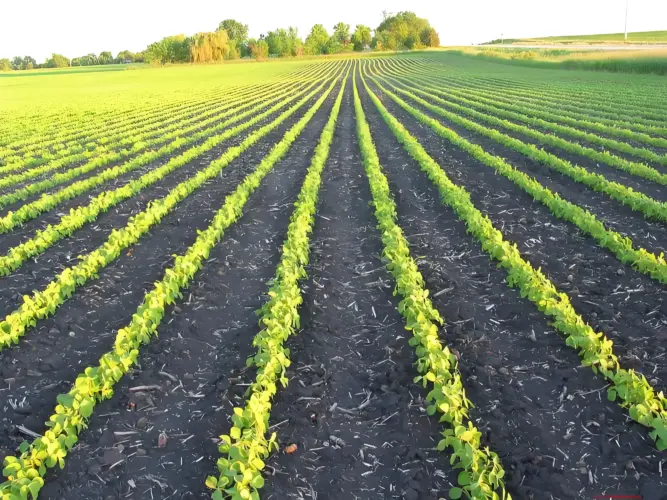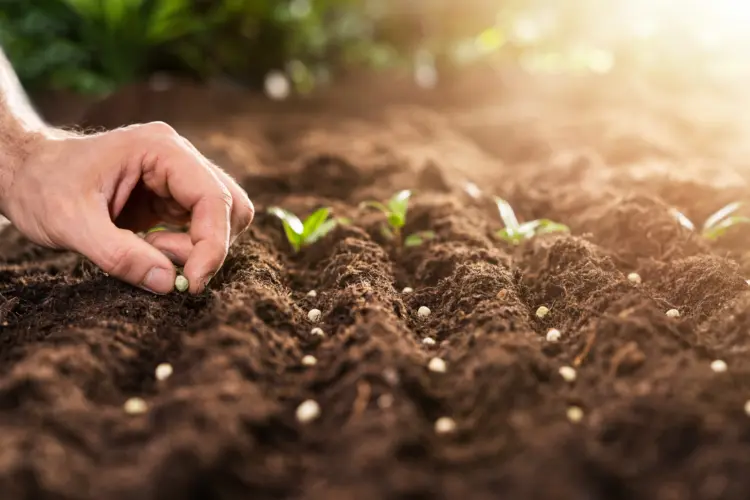Definition and Benefits of Green Manure
Green manure refers to specific plants grown primarily to be incorporated back into the soil to improve its fertility and structure. These plants, often legumes, grasses, or brassicas, are grown for a certain period and then tilled into the soil, where they decompose and enrich the soil with organic matter and nutrients. Key benefits of using green manure include:
Soil Fertility: As green manure decomposes, it releases essential nutrients like nitrogen, improving soil fertility for future crops.
Soil Structure: The addition of organic matter enhances soil texture, water retention, and aeration.
Weed Suppression: Dense growth can outcompete weeds, reducing their presence.
Erosion Control: Root systems help stabilize the soil, preventing erosion.
Application Techniques
1. Choosing the Right Green Manure
Legumes (e.g., clover, vetch): Ideal for nitrogen fixation.
Grasses (e.g., rye, oats): Excellent for adding biomass and improving soil structure.
Brassicas (e.g., mustard): Useful for pest suppression and soil biofumigation.
2. Sowing Green Manure
Preparation: Clear the area of existing plants and debris.
Seeding: Broadcast seeds evenly over the soil surface. Use a rake to lightly incorporate them into the soil for better germination.
Watering: Ensure adequate moisture for seed germination and early growth.
3. Incorporating Green Manure
- Timing: Allow the green manure to grow until just before it flowers for maximum biomass.
- Incorporation: Cut down the plants and till them into the soil using a spade or garden fork. Allow 2-4 weeks for decomposition before planting your main crops.
Timing and Crop Selection for Optimal Results
Timing
- Spring/Summer: Plant fast-growing annuals like buckwheat to prepare soil for fall crops.
- Fall/Winter: Use winter-hardy varieties like rye or clover to protect and enrich soil over the winter months.
Crop Selection
- Rotation: Choose green manure crops that complement your crop rotation plan, enhancing nutrient availability and pest control.
- Soil Needs: Select based on specific soil requirements, like nitrogen fixation or biomass addition.
FAQs
1. How does green manure improve soil health?
Green manure improves soil health by adding organic matter, enhancing nutrient cycling, improving soil structure, and suppressing weeds.
2. Can green manure be used in any type of soil?
Yes, green manure can be beneficial in various soil types. However, the choice of plant species may vary based on soil conditions and climate.
3. How soon can I plant after incorporating green manure?
Allow 2-4 weeks for the green manure to decompose before planting your main crops to ensure that nutrients are available and the soil structure is optimal.
Incorporating green manure into your organic gardening practices can significantly enhance soil fertility, leading to healthier plants and more productive gardens. By carefully selecting and timing your green manure crops, you can create a sustainable and thriving garden ecosystem.






